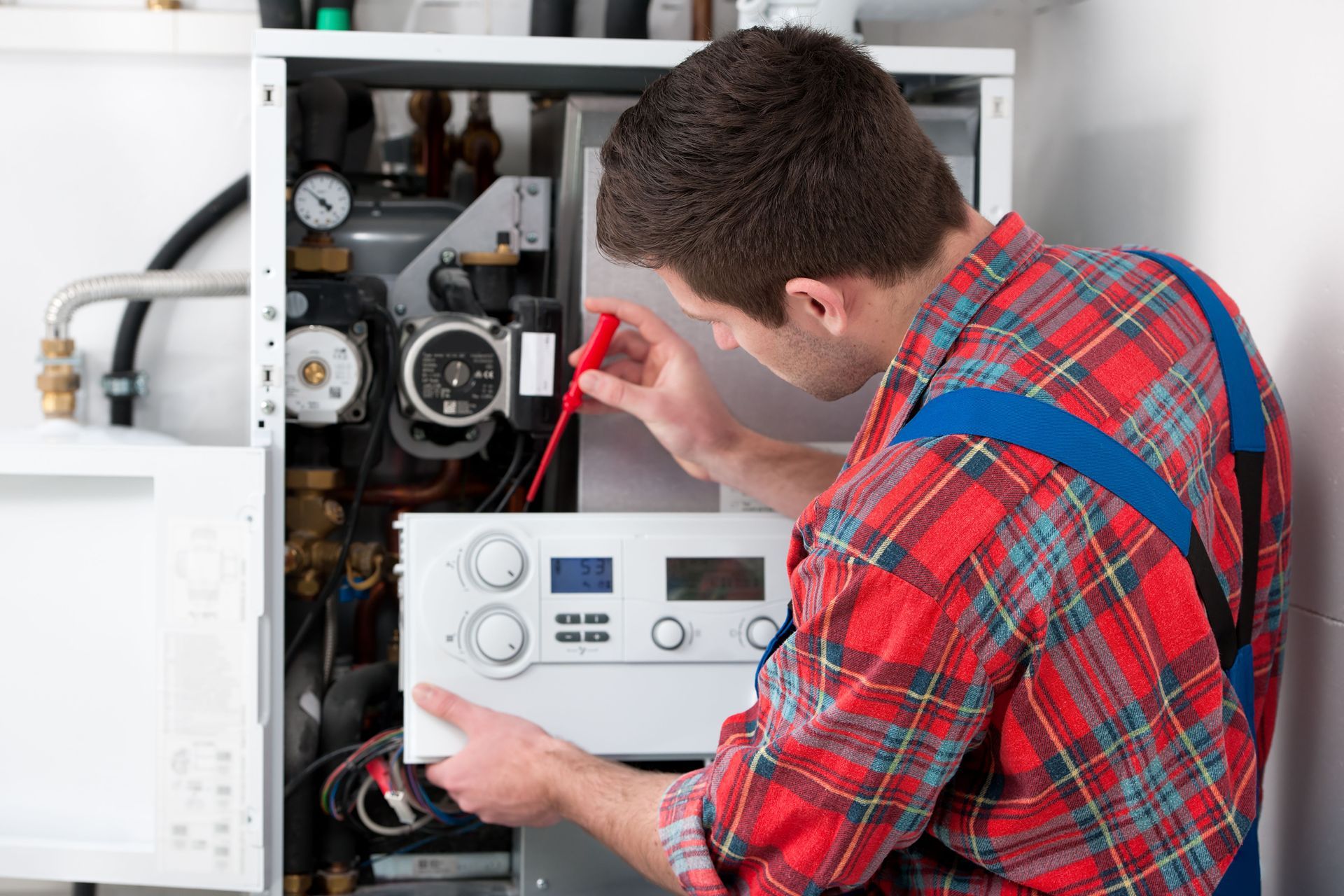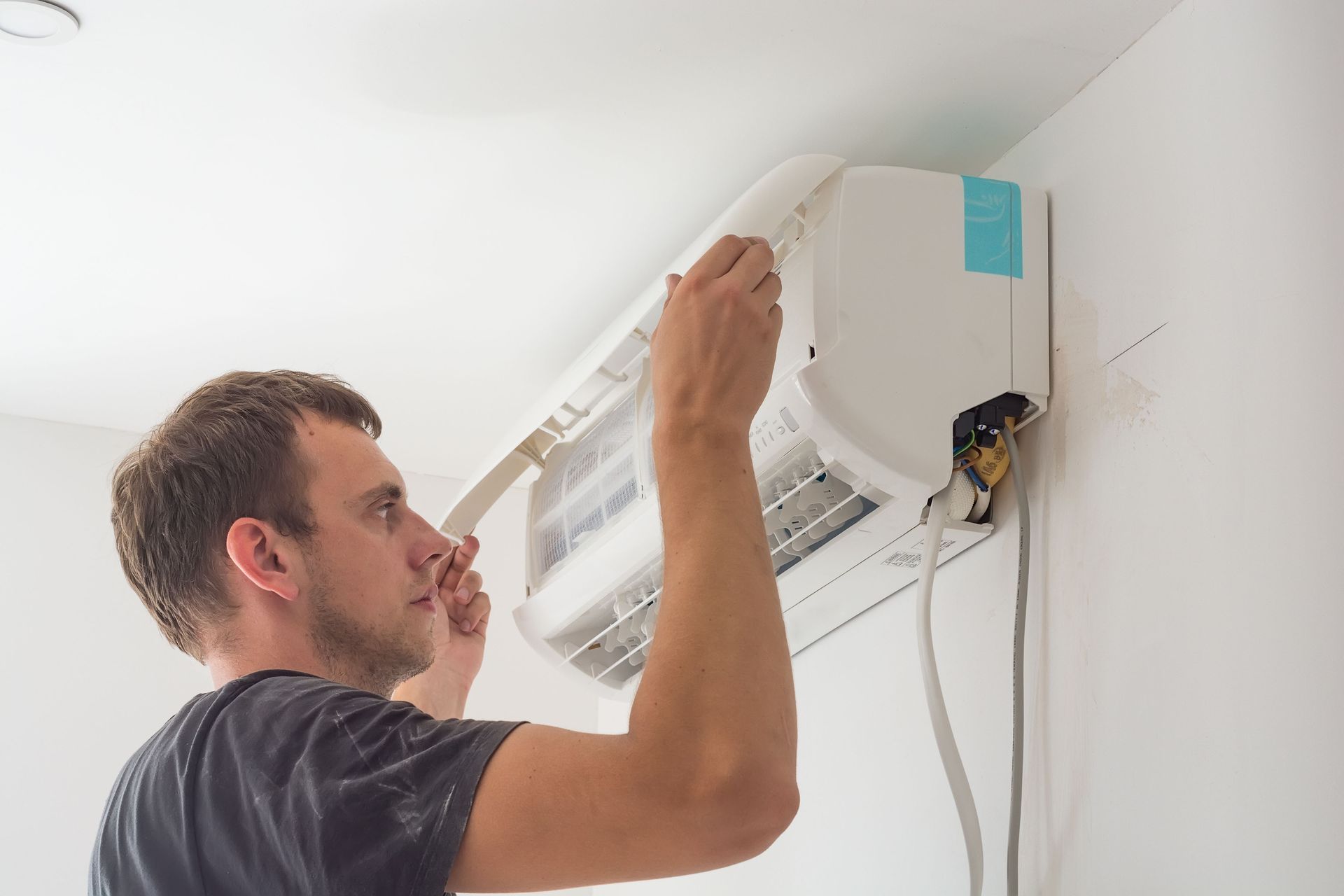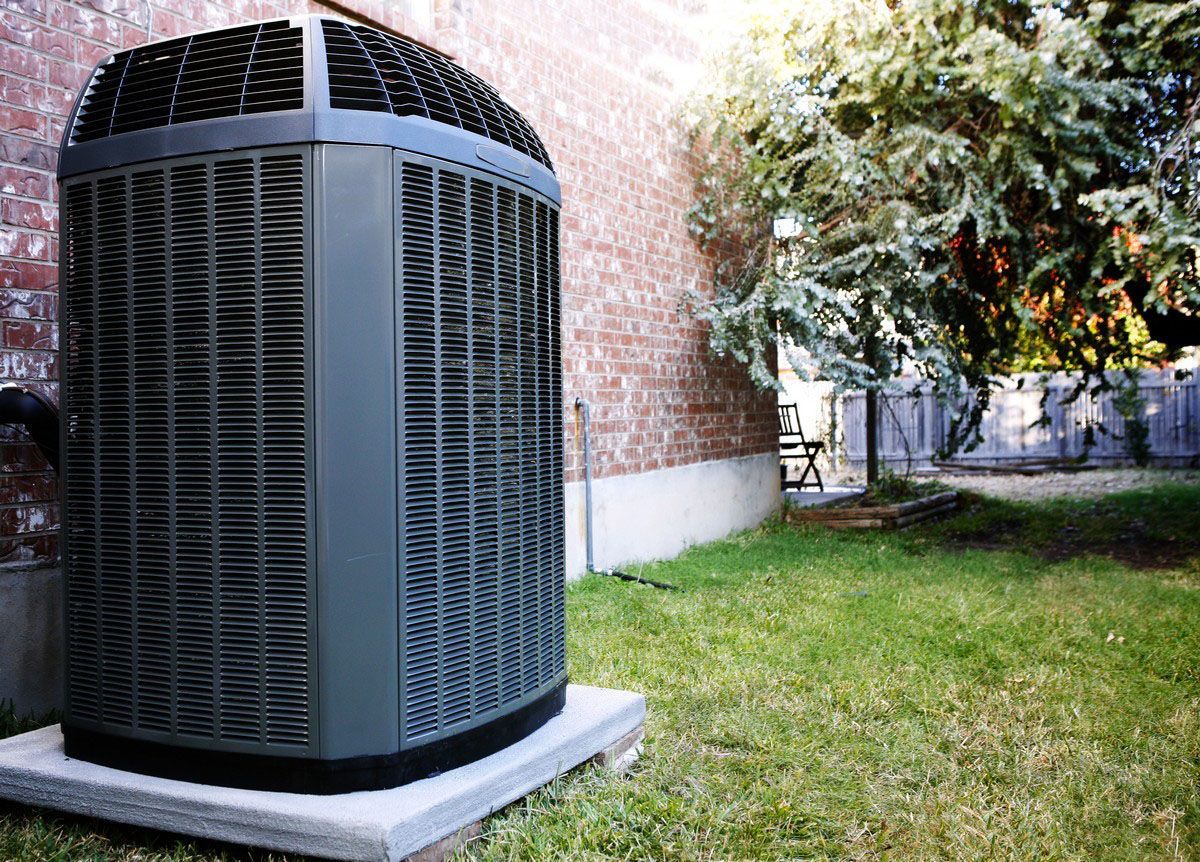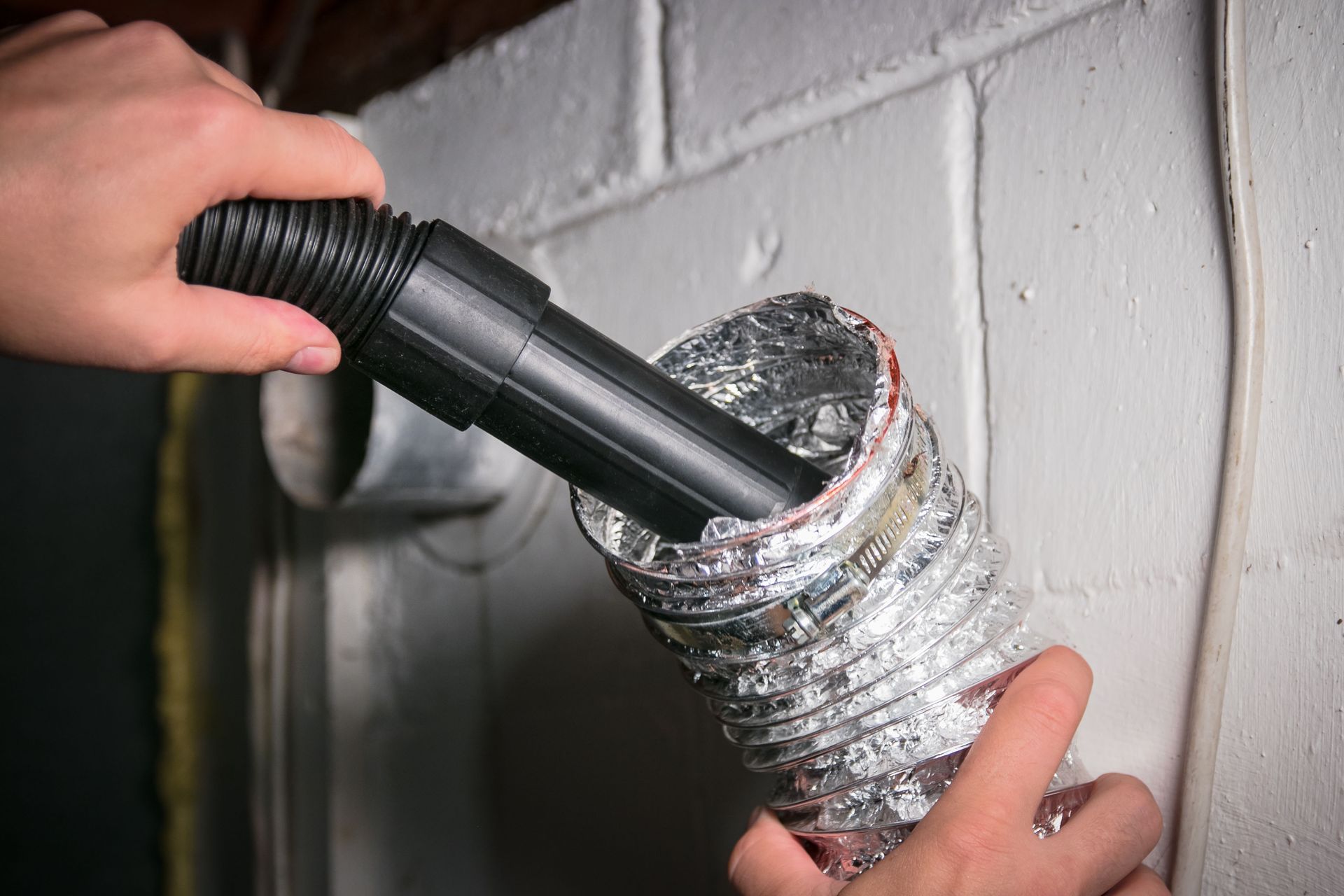5 Questions to Ask HVAC Companies Before Installing a New HVAC Unit
HVAC installation is a significant investment that requires careful consideration. In this article, we’ll guide you through essential questions to ask your HVAC contractor to ensure a successful installation. The process involves understanding various factors related to your home and the system's suitability. Therefore, gaining insights into what each question entails will help you make informed decisions. By asking the right questions, you can mitigate potential issues, secure a fair price, and ensure high-quality service.
1. What Type of HVAC System Do You Recommend for My Home?
Choosing the right HVAC system for your home involves evaluating several important factors. Firstly, assessing the size and layout of your home is crucial for determining system requirements. Larger homes with open layouts may benefit from stronger systems with higher capacity, while smaller homes might be adequately serviced by compact units. According to experts, understanding the specific heating and cooling demands of each room can help optimize overall efficiency. Additionally, considering variables like ceiling height can further refine system recommendations to ensure balanced climate control. Climate and weather patterns play a significant role in deciding on an HVAC unit. Regions with extreme temperatures may require systems with advanced cooling or heating capabilities.
By understanding local climate trends, you and your contractor can select equipment that maximizes year-round comfort. In areas with high humidity, it might be necessary to consider additional features such as dehumidifiers or enhanced ventilation. Therefore, aligning the system's features with local environmental conditions can promote energy efficiency and prolong the longevity of the unit. Different types of HVAC systems provide various benefits and considerations. Common choices include centralized air systems, ductless mini-split systems, and heat pumps. Centralized systems offer strength in distributing air but may require additional ductwork installations. In contrast, ductless mini-split systems are versatile and ideal for focused climate control without needing ducts. Heat pumps provide dual functionalities, offering both heating and cooling, but may be less efficient during prolonged cold spells. Evaluating these options with your contractor allows you to find the system that best fits your home’s unique needs.
2. What Is the Total Cost of Installation?
The financial aspect of a new HVAC installation encompasses multiple components. First and foremost, obtaining a detailed written estimate from your contractor is essential. This estimate should include all foreseeable expenses, such as equipment, labor, and potential extras like necessary upgrades or ductwork modifications. Having a transparent cost breakdown helps avoid unexpected expenses and ensures clear communication between parties. Moreover, it empowers you to compare estimates from different contractors, ensuring competitive pricing. Clarifying labor costs and service fees is another crucial step in understanding the total cost. Labor expenses can vary significantly depending on the complexity and scope of the installation. Moreover, service fees may include charges for site visits, after-hours work, or specialized tasks. It is important to factor in potential contingencies, as surprises in construction often lead to increased labor costs. Discussing these variables upfront will minimize misunderstandings and allow for a more accurate financial planning process.
Aside from installation costs, long-term savings also warrant consideration. For instance, systems that boast higher energy efficiency might have greater upfront costs but result in substantial savings on monthly energy bills. Moreover, ensuring that the proposed system aligns with local energy incentives or rebates can offset initial investments. Furthermore, according to This Old House, approximately 3 million HVAC units are replaced annually, often due to inefficiencies costing homeowners more than necessary. Addressing both initial costs and future savings through informed discussions with your contractor enhances the financial prudence of your purchase.
3. Are You Licensed and Insured?
Ensuring that your contractor holds appropriate licenses and insurance is vital for safeguarding your investment. HVAC installation requires specialized skills and compliance with state and local regulations. Verification of a contractor’s state and local licenses not only affirms their credibility but also guarantees their adherence to industry standards. Additionally, licensed contractors are typically more proficient in acquiring necessary permits, which mitigates legal hassles. Therefore, collaborating with a licensed firm ensures a professional approach to your home’s HVAC installation. Insurance coverage is another fundamental aspect of hiring an HVAC contractor. Insurance acts as a safety net, protecting both you and the contractor from potential damages or liabilities during the installation process.
Contractors should ideally hold both liability insurance, which covers property damage, and workers’ compensation insurance, which protects against injuries incurred while working. By confirming insurance details, you position yourself to avoid financial risk should incidents occur during installation. This is a crucial precaution, particularly given the financial magnitude of an HVAC investment. Your contractor’s industry certifications and affiliations can also influence your decision. Many contractors participate in organizations that set benchmarks for quality and ongoing education. Engaging with professionals who hold relevant certifications reflects their commitment to maintaining current industry standards. Additionally, affiliations with recognized industry bodies can provide peace of mind regarding their operational integrity and customer-centric practices. Therefore, considering these aspects can help pinpoint knowledgeable and reliable professionals for your HVAC installation.
4. How Long Will the Installation Take?
Anticipating the duration of the HVAC installation helps facilitate scheduling and minimize disruptions. Reviewing the contractor’s proposed timeline will provide a framework within which the project is managed. Key variables affecting the timeline might include system complexity, the extent of preparatory work, and any related renovations. Familiarizing yourself with the timeline not only establishes clear expectations but also assists you in planning around potential inconveniences. Real-time updates from your contractor throughout the project can further improve coordination and transparency.
Potential delays are part and parcel of construction projects, including HVAC installations. Unforeseen obstacles such as additional repairs, unanticipated weather conditions, or supply chain disruptions can extend timelines. Therefore, discussing potential contingencies and buffer time within the timeline helps preemptively address these challenges. An experienced contractor will provide insights into common causes of delay for your particular project type. Equipped with this knowledge, you will be better prepared to adapt to any timing setbacks that may arise.
5. How Do You Handle Post-Installation Support?
Understanding the post-installation process is paramount for maintaining the HVAC system's functionality and effectiveness. Familiarize yourself with the contractor’s follow-up process, which may encompass routine inspections and support visits. A structured follow-up approach reflects the contractor’s commitment to ensuring your system operates optimally in the long term. Whether through scheduled inspections or on-call support, a solid post-installation service plan provides peace of mind and enhances customer satisfaction. Ensuring these steps are in place can minimize the likelihood of future complications or service disruptions. Warranty and service agreements are central to post-installation support. Many contractors offer warranty packages covering parts, labor, or both, providing coverage against defects or issues post-installation. Discussing these packages’ particulars, including duration and scope, is imperative in safeguarding against operational hitches.
The understanding gained from these discussions empowers you to choose an agreement matching your home’s technical demands, bolstering the HVAC system's longevity. Additionally, knowing emergency support availability ensures preparedness for unexpected malfunctions, which is crucial given the vital role a functional HVAC system plays in home comfort. With the right questions in hand, you can confidently choose an HVAC company that meets your needs, ensuring efficient operation, longevity, and comfort in your home.
Always take the time to evaluate potential contractors thoroughly before making your decision. The right HVAC contractor will guide you through the complexities of choosing the appropriate system, managing installation logistics, offering financial clarity, and providing excellent post-installation support. By conducting due diligence, you optimize your investment in a new HVAC unit, securing an efficient and reliable climate control solution for your home. Contact the professionals at Kimbro Air for all your HVAC services this season.





Share On: